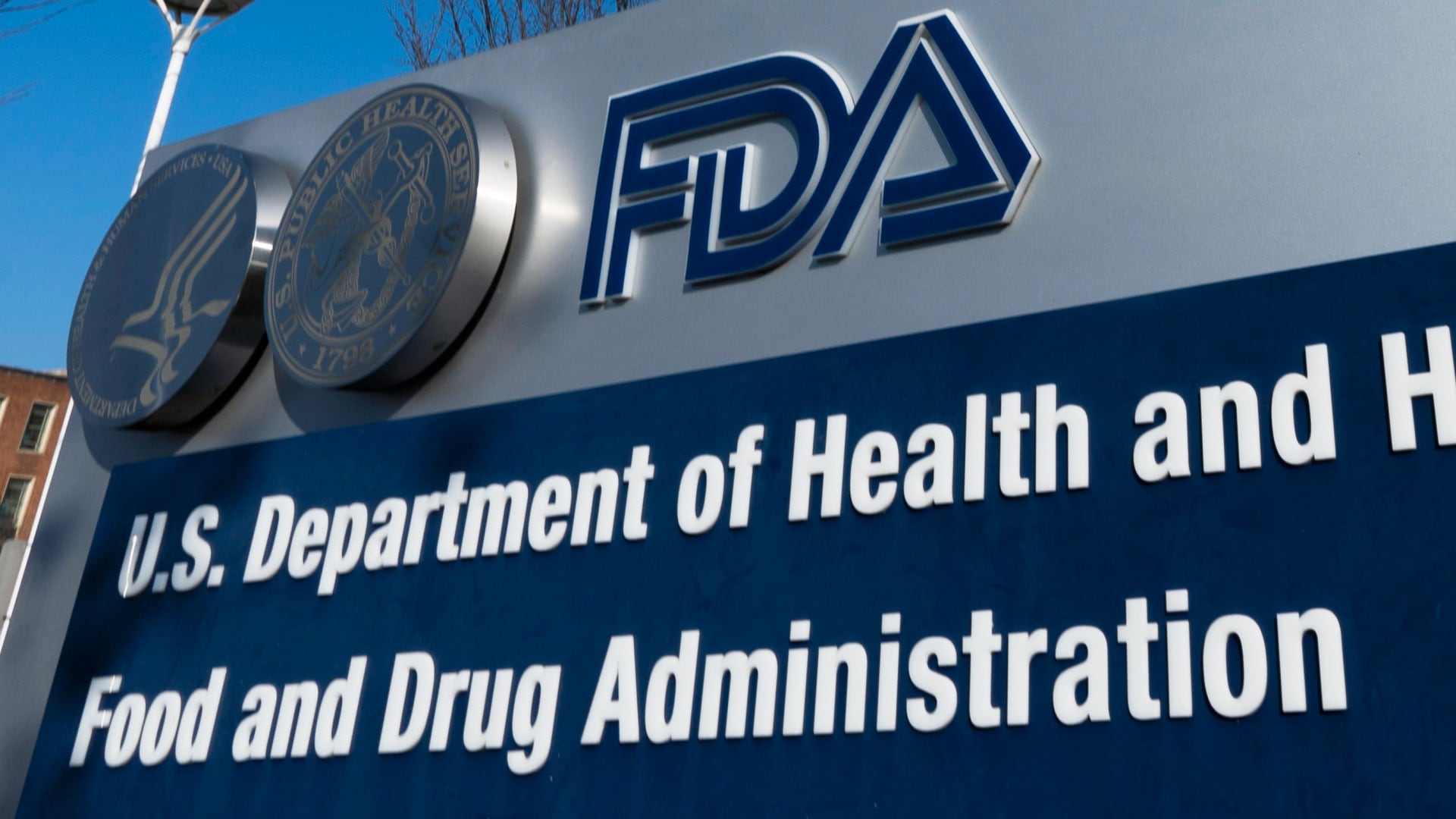By Matthew Perrone
The Food and Drug Administration on Thursday said it has sent warning letters to dozens of retailers selling fruit- and candy-flavored disposable e-cigarettes, including the current best-selling brand, Elf Bar.
It’s the latest attempt by regulators to crack down on illegal disposable vapes that have poured into U.S. stores in recent years.
Last month, the FDA issued orders allowing customs officials to seize shipments of Elf Bar, Esco Bar and two other brands at U.S. ports. None of the products have received FDA authorization and they come in flavors like cotton candy, which regulators say can appeal to teenagers.
In the latest action, the FDA said it issued warnings to 189 convenience stories, vape shops and other retailers.
“We’re not going to stand by as bad actors are profiting off the sale of illegal products that are addicting our nation’s youth,” Brian King, the FDA’s tobacco center director, said in an interview. “Today’s action is just part of our long-standing efforts to address those products, particularly flavored disposable products.”
The FDA has tried for years to regulate the multibillion-dollar vaping industry, but separate data released by government researchers Thursday shows unauthorized e-cigarettes continue to launch.
The Centers for Disease Control Prevention analysis showed the number of e-cigarette brands in the U.S. grew from 184 in early 2020 to 269 by late 2022.
The rise coincided with the growing popularity of disposable e-cigarettes. The analysis showed disposables’ share of vaping sales more than doubled from 24.7% in early 2020 to nearly 52% by late last year.
Researchers from the CDC and a nonprofit, Truth Initiative, analyzed data from IRI, which collects sales records from convenience stores, gas stations and other retailers.
Elf Bar was the best-selling disposable in the U.S. and the third-best selling e-cigarette by late last year. Only the reusable e-cigarettes Vuse, from Reynolds American, and Juul had higher sales.
The FDA and CDC also cited Elf Bar in a separate report about thousands of calls to U.S. poison centers concerning e-cigarettes, mainly involving children under age 5.
When accidentally ingested, liquid nicotine can cause seizures, convulsions, vomiting and brain injury. Reports of nicotine poisoning have gone up and down over the past decade, but government scientists said calls increased more than 30% between last spring and March this year.
Brand information was not reported in 95% of cases, but when it was, Elf Bar was the most frequently named product.
Despite the missing data, FDA's King called the high number of reports involving Elf Bar a “canary in the coal mine.”
“What we want to do is nip things in the bud before they're allowed to expand even further,” King said.
Manufactured by a Chinese firm, iMiracle Shenzhen, Elf Bar is part of a wave of copycat e-cigarettes that have followed a path paved by Puff Bar, a popular brand of disposables that briefly racked up hundreds of millions in sales after regulators cracked down on older vaping products like Juul.
In early 2020, the FDA restricted flavors in cartridge-based reusable e-cigarettes like Juul to just menthol and tobacco, which are more popular with adults. But the flavor restriction didn’t apply to disposable e-cigarettes, which are thrown away after use.
After the FDA tried to force Puff Bar off the market, the company relaunched and said it was now using laboratory-made nicotine, which didn’t fall under FDA’s original oversight of tobacco-derived nicotine. Most disposable makers followed the same playbook.
Congress closed the loophole last year. Under the law, companies were supposed to remove their vapes from the market and file FDA applications, but new products continue to launch.
The Associated Press Health & Science Department receives support from the Howard Hughes Medical Institute’s Department of Science Education. The AP is solely responsible for all content.













